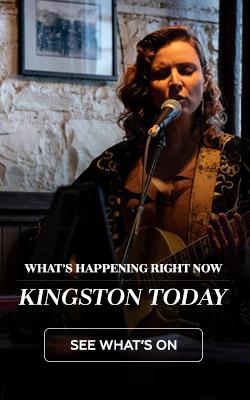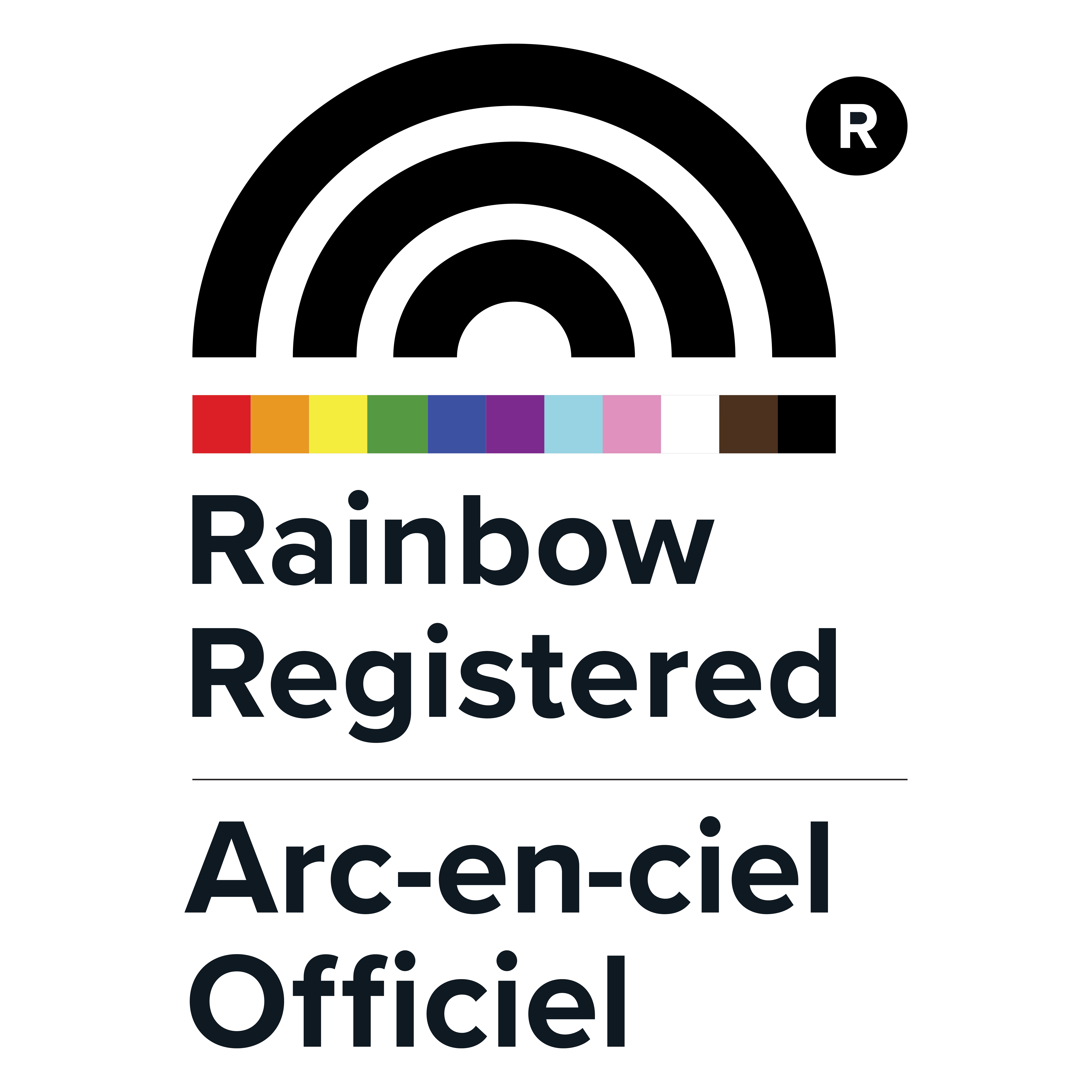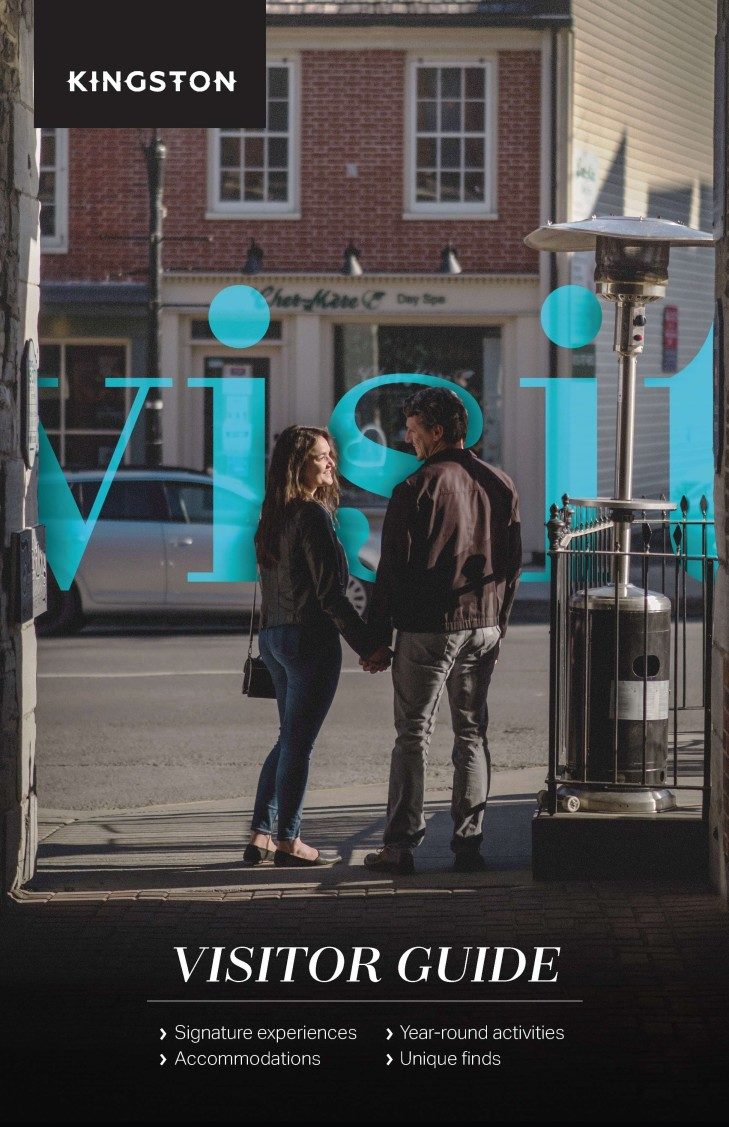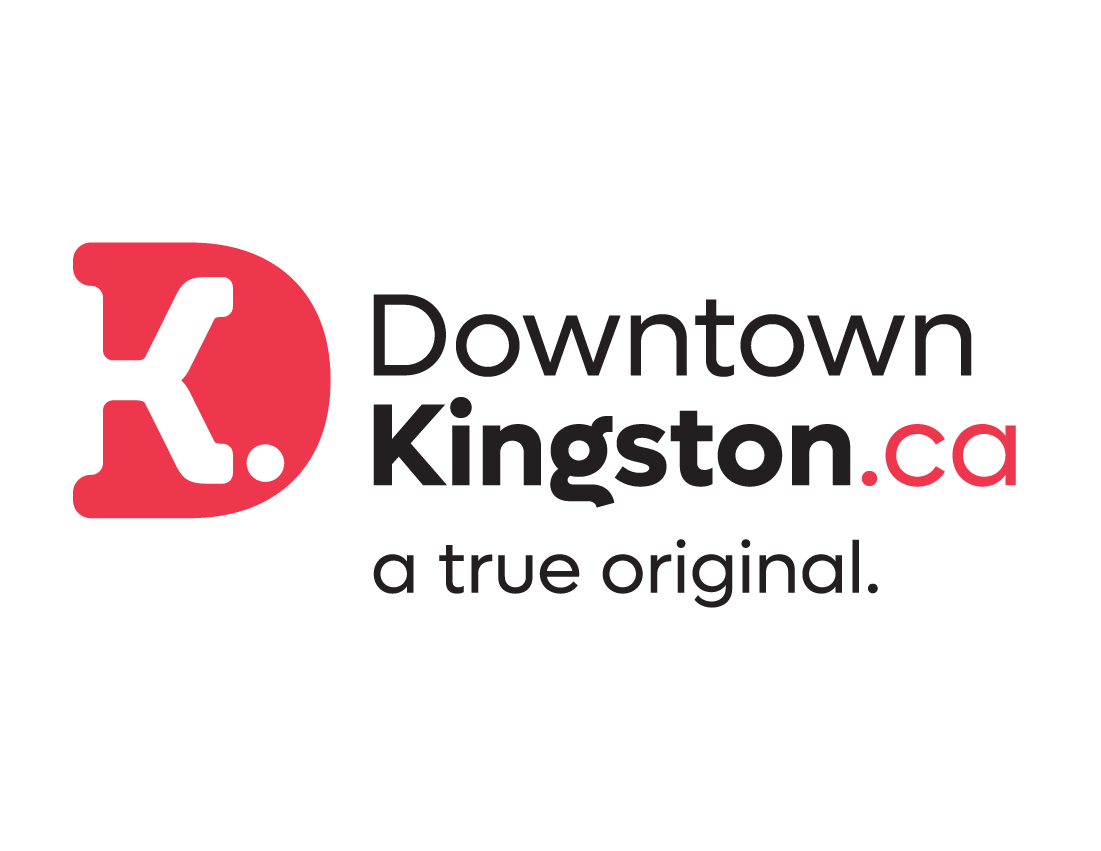In 1861, when Bishop E.J. Horan requested a handful of Sisters move from Montreal to establish a community of caregivers for Kingston’s elderly, poor and orphans, he could not have foreseen how far these women would take their responsibilities. Today, the Kingston home of the Sisters of Providence of St Vincent de Paul—Heathfield—also provides sanctuary for heirloom seeds.
Fifteen years ago, a Napanee farming couple—Carol and Robert Mouck—discovered that their favourite seed varieties were being replaced in the seed catalogues, with new and improved varieties. Rather than lose their precious vegetables, flowers and herbs, they decided to save seeds themselves. Up to a couple of decades ago, communities routinely built seed libraries around their native varieties, so the Moucks were merely restarting an invaluable tradition.
At retirement, the couple approached the Sisters of Providence, hoping to form a partnership, allowing their nearly four hundred seeds varieties to grow out and remain vital. Today, Cate Henderson tends the heirloom seed sanctuary, in the role of sanctuary gardener and seed saver.
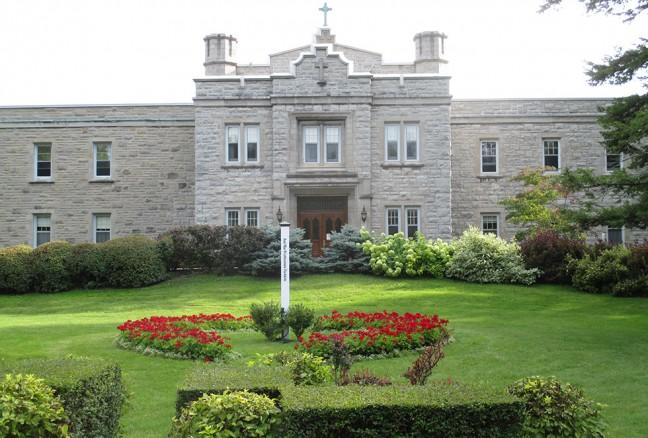
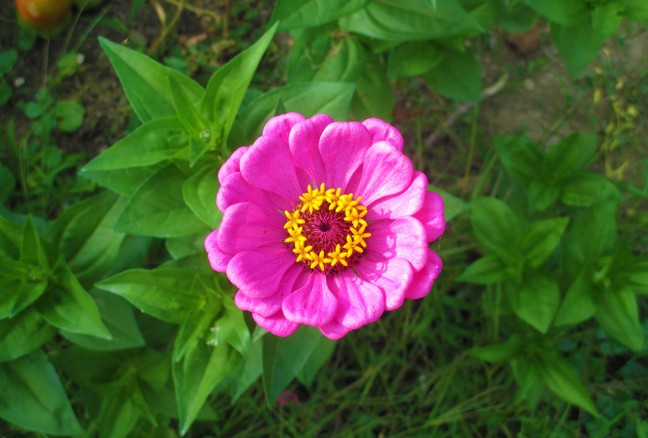
Cate describes her role as a dual ministry: one part is to minister to the plants, keeping seeds fresh and vital, and the other is to minister to humans, by providing workshops that facilitate people keeping the art alive. The art of seed saving has been largely lost over the past two decades.
The Seed Sanctuary offers monthly Heirloom Seed Savers meetings, Weed Walks, Equinox and Solstice celebrations, various workshops and networking opportunities with community groups concerned with sustainability. The best news of all is that every event is free.
Varieties of seeds found on-site are entirely heirloom, meaning any variety that has been or is worthy of being passed down through generations. The key is not their age but that they’re open-pollinated, as opposed to hybrid. Open-pollinated plants grow true to type. The vegetable collection includes those common to Ontario, like tomatoes, eggplant, squash. The flower collection involves those old-fashioned types of which your grandmother was fond—zinnias, love lies bleeding, bee balm and borage (“the blue flowers attract pollinators!” Cate said). There are also a few perennials, such as echinacea, calendula and dwarf French marigolds.
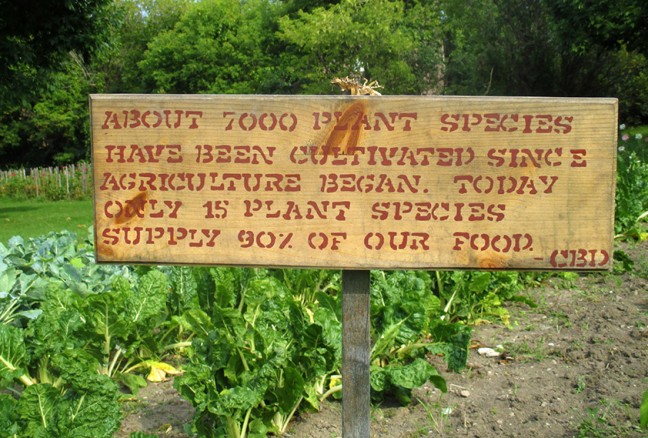
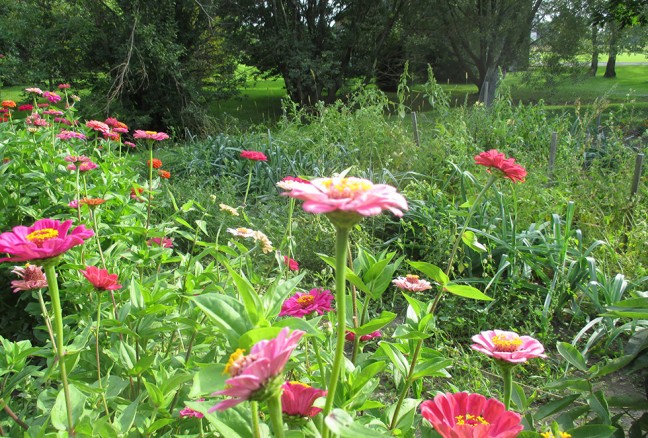
The Seed Sanctuary operates exclusively with seeds that are adapted to this area. Kingston soil is comprised of a very dense clay and the Sanctuary does not amend these conditions. Plants are watered entirely by rainfall, which exposes them to natural conditions like droughts and floods. Our harsh winters, with the repeated freeze-thaw cycles, create a hardier annual plant. All plants produce a bountiful, flavourful fruit without fertilizer.
You can also get involved through the project’s partners, which include various Kingston meal providers (like The Loving Spoonful), as well as the Kingston Area Seed System Initiative (or, KASSI), whose ultimate goal is to establish a local seed bank.
There are many reasons for saving seeds, the foremost being that you honour creation by doing so. Today’s conventional gardener, who buys seeds, plants them and harvests the fruit in season, misses an entire phase of life. When you harvest seeds, you become a midwife to the plant. Over time, you develop a reciprocal relationship: plants adapt to your growing conditions, while you experience their full life cycle.
Another excellent reason for saving seeds is that it honours our spiritual side. In certain things, nature proceeds very slowly: we should learn to participate at that pace.
Throughout history, people have sought asylum in churches. It’s reassuring that our heirloom seeds can also find safe haven.
You don’t need to be a Sister of Providence to become a seed saver. For more information, visit their website.

